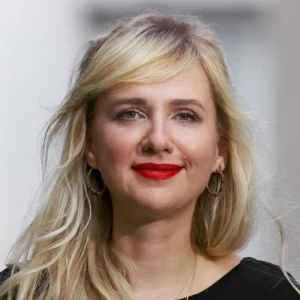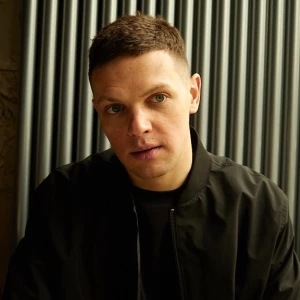Hello,
Some questions are clearly brainstorming but take the same effort to structure as a decision making question that requires a full fledged framework. I've learned the difference between those from the crafting cases material and they've included conceptual framework as a way to be mece, as of a way to create a structure for brainstorming. I find it a bit confusing, although their material is top notch in all honesty. Should I look into Victor Cheng's material to get more sense on this ?
Appreciate any help
















